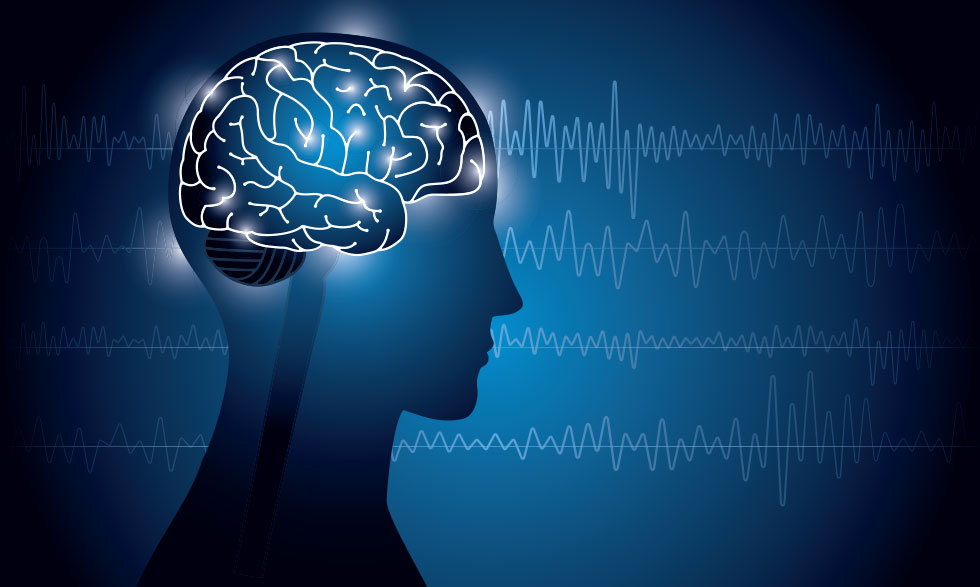As shown in the journal Alzheimer’s & Dementia: Diagnosis, Assessment & Disease Monitoring, abnormal hyperactivation in the brain may be an early indication of Alzheimer’s disease, according to researchers at the University of Montréal.
Headed by first author Nick Corriveau-Lecavalier, the study examined a series of functional magnetic resonance imaging (fMRI) scans, which tested a theory in which brain activation forms an inverse U-shape in prodromal Alzheimers.
From the findings: “Using task‐related functional magnetic resonance imaging (fMRI), we tested the inverse U‐shape hypothesis with polynomial regressions and between‐group comparisons in individuals with subjective cognitive decline plus (SCD+; smaller hippocampal volumes compared to a group of healthy controls without SCD and/or apolipoprotein E [APOE] ε4 allele) or mild cognitive impairment (MCI).”
Researchers were able to back their initial theory of an inverse U-shape model of activation, indicating that abnormal hyperactivation in the brain may be an early sign of neurodegenerative disease, like Alzheimer’s.
“In conclusion, novel findings are reported to support the presence of very early and transient hyperactivation in people at risk of AD,” the co-authors stated in their study.
“Overall, the results suggest that hyperactivation is present in the early stages of the disease such as in individuals who have genetic and/or brain markers of AD and meet criteria for SCD, and has potential as a biomarker indicating future progression to AD,” the findings concluded.
The study was funded by the Canadian Institutes of Health Research, in addition to other Canadian-based organizational bodies.


